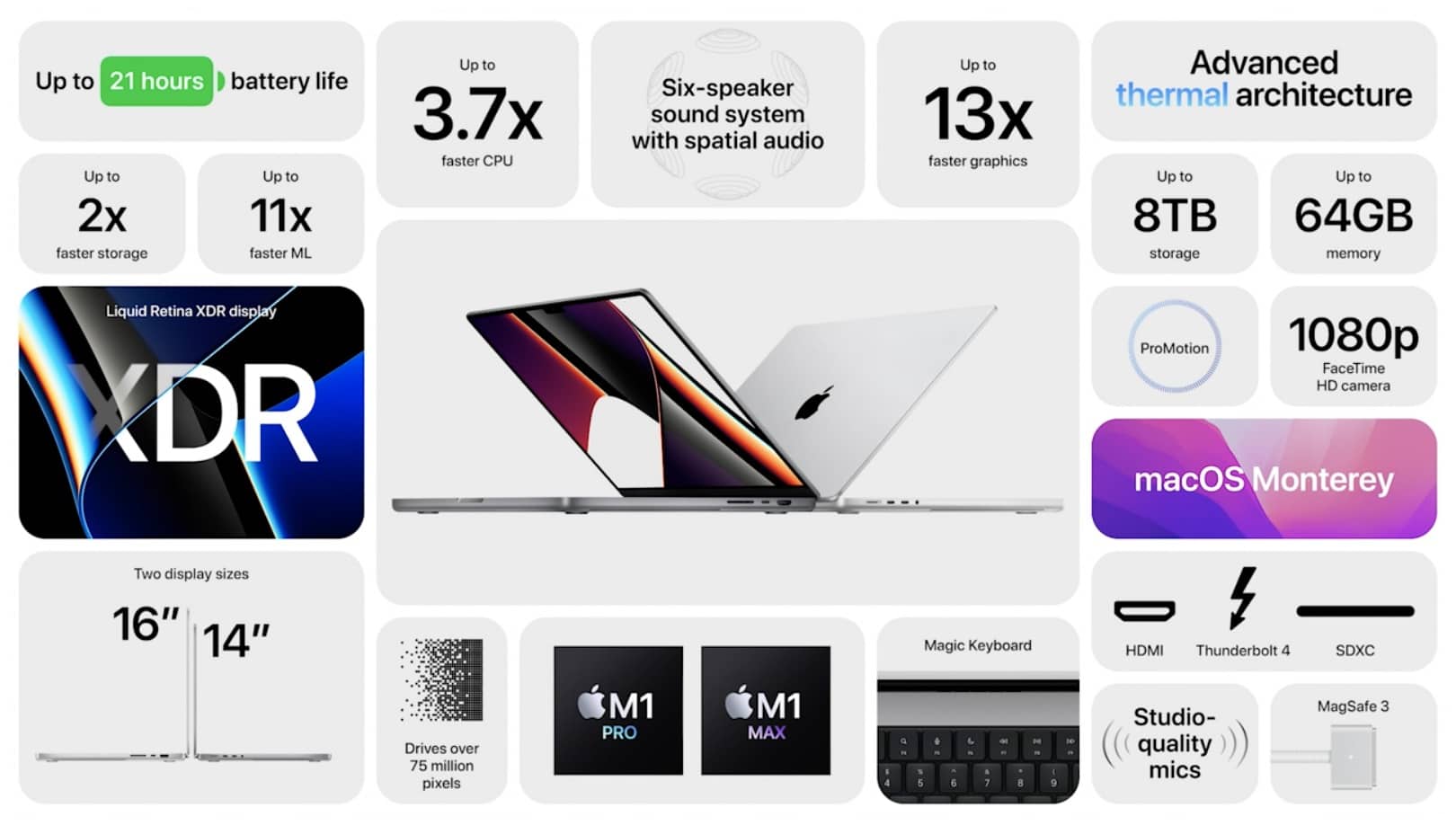Technology is advancing at an unprecedented pace, and programming skills are more valuable than ever. Whether you’re a beginner starting your tech career or a professional looking to upgrade your skills, choosing the right programming language can give you a competitive edge. An online coding bootcamp can help you master these languages quickly through structured learning, hands-on projects, and mentorship. But before you enroll, it’s essential to know which languages will be most relevant in the coming years. In 2025, the tech landscape will demand developers who are proficient in both established and emerging languages. Here’s a list of the top 15 programming languages you should consider learning to future-proof your career.
1. Python
Python continues to dominate due to its simplicity, versatility, and wide range of applications. From web development and automation to artificial intelligence (AI) and data science, Python is used everywhere. Its vast library ecosystem, including NumPy, Pandas, and TensorFlow, makes it a go-to language for developers in multiple industries.
2. JavaScript
JavaScript is the backbone of modern web development. With frameworks like React, Angular, and Vue.js, it’s essential for creating dynamic and interactive web applications. Beyond the browser, JavaScript is also widely used on the server side with Node.js, making it an all-around skill worth mastering.
3. Java
Java remains one of the most reliable and scalable programming languages, particularly for enterprise-level applications, Android development, and backend systems. Its portability across platforms and strong community support ensure it will stay relevant in 2025.
4. TypeScript
A superset of JavaScript, TypeScript offers static typing and improved code maintainability, making it a favorite among large-scale application developers. With its growing adoption in frameworks like Angular and Next.js, TypeScript is quickly becoming a must-learn language.
5. C#
C# is widely used in enterprise environments, game development (via Unity), and Windows applications. Its modern features, combined with the power of the .NET ecosystem, make it an excellent choice for developers seeking versatility.
6. C++
Known for its performance and efficiency, C++ is essential for system programming, game engines, and high-performance applications. In 2025, industries like gaming, finance, and embedded systems will continue to demand skilled C++ developers.
7. Go (Golang)
Developed by Google, Go is gaining traction for its simplicity, speed, and suitability for cloud computing and microservices architecture. Its efficient concurrency handling makes it ideal for scalable, distributed systems.
8. Rust
Rust is known for its memory safety, performance, and reliability. It’s increasingly popular in systems programming, web assembly, and even blockchain development. With companies like Mozilla and Microsoft backing it, Rust’s demand is on the rise.
9. Kotlin
Kotlin is the preferred language for Android development and is also making inroads into backend and multiplatform development. Its concise syntax and interoperability with Java make it a top choice for mobile developers in 2025.
10. Swift
Swift is Apple’s official language for iOS, macOS, watchOS, and tvOS app development. With the growing mobile app market, Swift is an essential skill for anyone looking to work in the Apple ecosystem.
11. PHP
Despite debates about its future, PHP continues to power a significant portion of the web, including platforms like WordPress. Its ease of use and improvements in recent versions keep it relevant for backend web development.
12. Ruby
Ruby, along with the Rails framework, is valued for its developer-friendly syntax and rapid development capabilities. While it’s not as dominant as before, it remains a solid choice for startups and web app development.
13. SQL
While not a programming language in the traditional sense, SQL is indispensable for managing and querying relational databases. Developers who pair SQL with other programming languages significantly increase their value in the job market.
14. MATLAB
MATLAB is widely used in academia, engineering, and scientific computing. If you’re interested in data analysis, simulations, or algorithm development, MATLAB is worth adding to your skillset.
15. Scala
Scala combines functional and object-oriented programming, making it powerful for big data processing, especially when used with Apache Spark. Its scalability and performance make it a solid choice for data-intensive applications.
How to Choose the Right Language for You
With so many options, it’s easy to feel overwhelmed. Here are a few factors to help you decide:
- Career Goals: If you aim for web development, JavaScript or TypeScript is essential. For mobile, choose Swift or Kotlin.
- Industry Demand: Python, Java, and Go are in high demand across industries.
- Learning Curve: Python and JavaScript are beginner-friendly, while C++ and Rust are more challenging but rewarding.
- Future Trends: Keep an eye on emerging technologies like AI, blockchain, and IoT, which influence language popularity.
The Role of Continuous Learning
Technology is constantly evolving, and so should your skill set. Learning one language well is good, but having proficiency in multiple languages makes you more adaptable. As frameworks, tools, and libraries evolve, the ability to quickly pick up new languages will set you apart in the job market.
Wrapping Up
Programming languages are the building blocks of technology, and mastering the right ones can shape your career in powerful ways. Whether you start with Python for its versatility, JavaScript for web development, or Go for cloud applications, each language opens up unique opportunities. In 2025, being a multi-lingual programmer will not only make you more employable but also give you the flexibility to work across different domains.
If you’re serious about mastering these skills, enrolling in a software engineering bootcamp can give you the structure, mentorship, and practical projects needed to fast-track your learning. By combining technical expertise with hands-on experience, you’ll be ready to thrive in an ever-changing tech industry.




